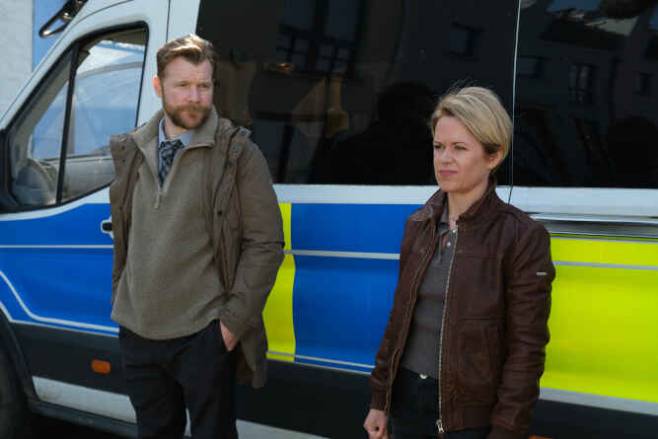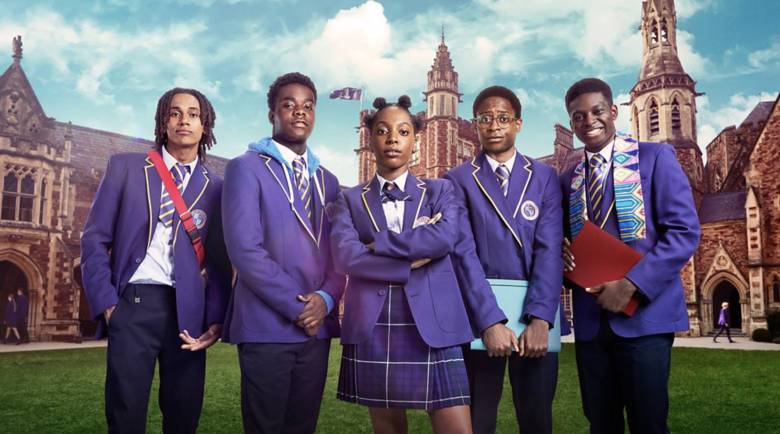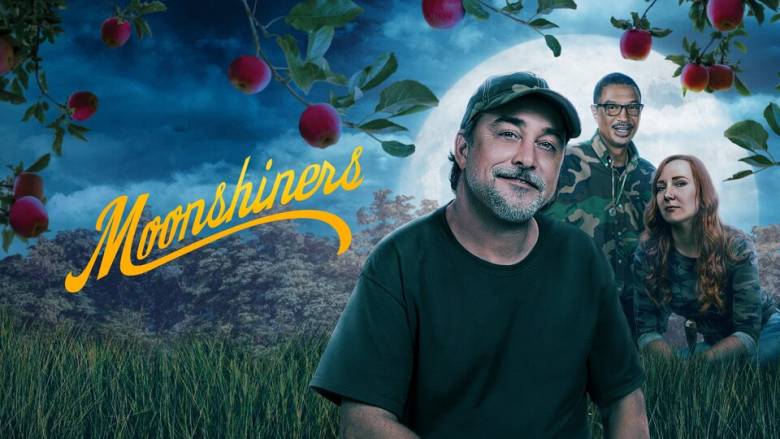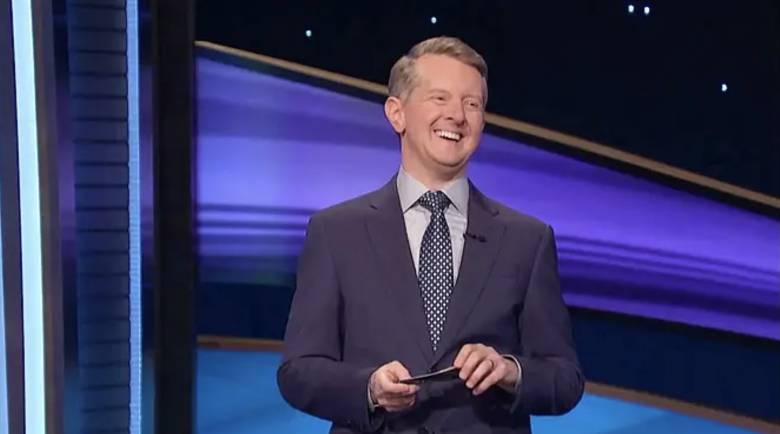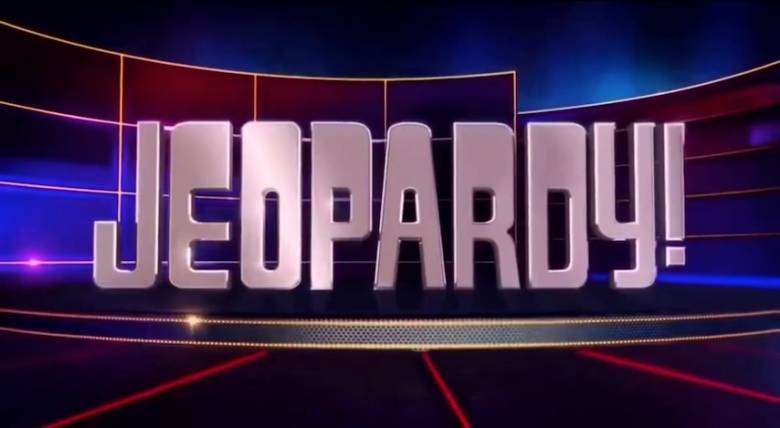Tell us the story of Showtrial.
It starts in a classic way – a missing girl in a city. We feel we’ve heard this story a million times before, a whodunnit. What it turns into is a twisty, knotty, legal thriller, the fates of all these fascinating characters whose stories circulate this legal case. It evolves from a legal thriller into a legal drama that asks some fascinating questions about what justice means, about the legal system in the UK and what constitutes a fair trial, which is all wrapped up in an entertaining story.
What attracted you to directing Showtrial?
I have been reading a lot of scripts thinking about what TV drama I wanted to do. My background is documentaries and feature films. TV is such an attractive space as you engage with character over a longer time period which is what I’m really interested in. A lot of the scripts I thought I’d seen before or they were so out there I thought no one would watch it.
Showtrial arrived in my inbox and I read it all in one sitting, I know it’s a cliché, but it’s so true. It’s such a quick read and it was so gripping and I heard myself as an audience member asking if she did do it. It was sophisticated, intelligent writing and I felt gripped and that it would be appealing to a mainstream audience. It wasn’t an easy thing for me as I was living in LA at the time and it was clear this was filming in the UK. It was the middle of the pandemic and I have a child and there were a lot of reasons this wasn’t a good idea! But I was drawn in by the story and that says a lot.
Which of the themes resonated with you the most?
Lots of my films have been about women and how they are perceived. I was obviously connected to it via that – the main characters are women and it’s about relationships between them. Talitha is very privileged with her gilded place in society, but can still have her womanhood weaponised against her by the media and the legal system in the way that doesn’t quite happen to men.
I thought I wanted to be a barrister when I was a child until I was eight and I said to my mum, what happens if the person is guilty and you have to defend them? To which my mum said I shouldn’t be a barrister as I wouldn’t be very good! The legal system is this man-made construct that we think of as objective, but it is the most corruptible subjective thing that is influenced by all these factors. Identity politics and the social-class divide are the issues at the forefront of the consciousness, and to be able to explore them in an entertaining story format is really valuable and will make people think.
I’m interested in challenging people’s perceptions of how people are judged based on what you know about them, due to who they are or where they are from.
What was your vision for this series?
I come from a documentary background and I think people often assume that I have a handheld, grungy, aesthetic and that I’m realist and grounded, but I saw this as an opportunity to be heightened in places.
Who is Showtrial for?
Anyone who enjoys a good thriller or courtroom drama. That’s what I think is very clever; it does potentially appeal to a lot of audiences and also a younger audience because of Talitha, Dhillon and Hannah who are in their early 20s. The subject matter has the potential to be younger, but the themes that are explored are cross-generational. Basic questions such as what is justice and also uses age-old whodunnit story techniques to hook people in and hopefully keep them!

